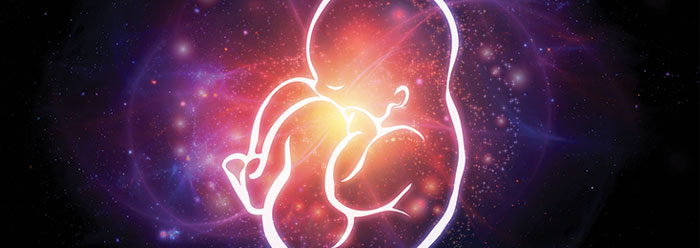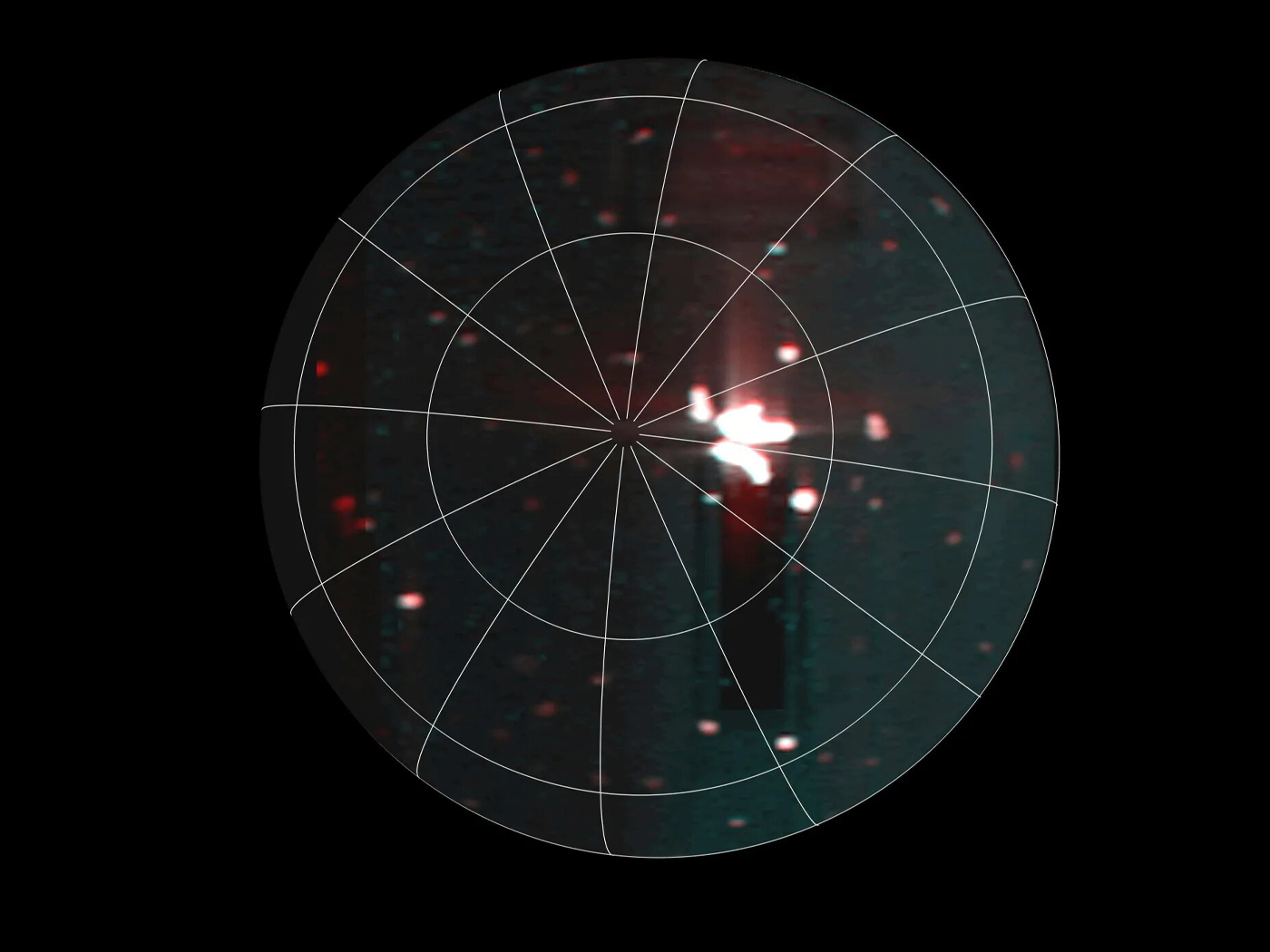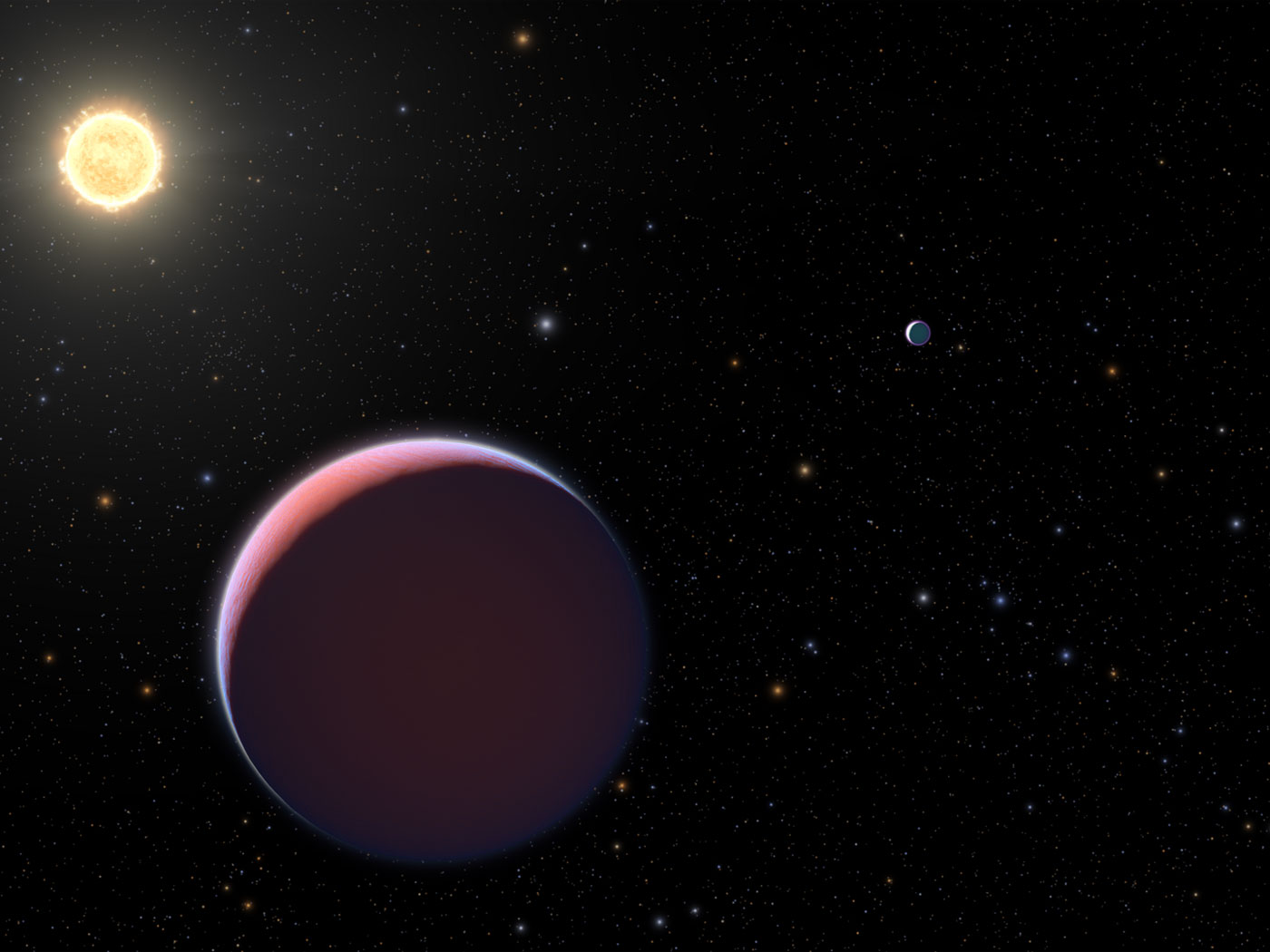The apostle Paul wrote in Romans 1:20, “For since the creation of the world His invisible attributes are clearly seen, being understood by the things that are made.” This means, whether they will admit it or not, people know some of the essentials about God. Sadly, most do not admit to what they know, instead choosing to suppress truth, as Paul explains earlier in the same chapter.1 Yet, believers who know the Creator as Savior can engage with those who know about God by asking key questions.2 A meaningful conversation can begin by asking how interdependence arose in living things.
An interdependent system is one in which at least two parts mutually depend on each other for proper function. Sometimes one part needs another part without requiring anything in return for the system to function. For example, correct walking depends on feet, and correct speaking depends on the tongue. It’s easier to concoct ways that nature, apart from a Creator, might have generated a part on which another part or system depends. For example, maybe early humans swung from trees, so they didn’t need to walk with proper feet until later. Or maybe early humans communicated nonverbally while they were supposedly evolving into full humanity, so they didn’t need articulate tongues. When it comes to explaining the origins of an interdependent system, however, these conjectures strain naturalistic scenarios—that by definition exclude God—past the breaking point.
A classic example of interdependence is that of DNA and proteins. Within each cell, proteins manufacture, repair, and access DNA. So, DNA depends on proteins. But DNA provides the blueprints for protein structure, so proteins also depend on DNA. These two system parts stand and function only when working together, and they fall apart when separated from each other.
Relationships like this set up a “chicken-egg” origins dilemma. If both parts were required from the start, then how could one part have been added long after the other part was in place? Sometimes, asking people a question like “Which part came first?” is all they need to begin a critical evaluation of their faith in nature-only origins. Once in doubt, they are more likely to consider a perspective that includes God in the answer. In this way, studying the details of an interdependent biological system equips Christians who want to challenge anti-creation views.
If someone is unfamiliar with cellular components like DNA and proteins, he or she might better relate to scenarios involving larger body parts like the heart and placenta. A pregnant woman’s placenta secretes progesterone, a hormone that signals her tiny baby’s cells to take up less cholesterol. Cholesterol is a vital component of all body cells, including heart cells, and the placenta regulates cholesterol levels. Thus, the healthy development of a baby’s heart depends on the mother’s placenta. Likewise, the placental cells would fail to manufacture progesterone or perform their other vital tasks without a blood supply, which the mother’s heart generates. Thus, the placenta and heart function interdependently to knit a baby.
So, which came first? The heart could not have come first since it would not have formed without the placenta. But if the placenta came first, it could not have worked without a heart. Both organs had to arise simultaneously, pointing toward a sudden miracle!
Everyone knows—even if they ignore it—that something or someone greater than the creation must have caused its genesis. Creation was God’s most spectacular miracle, and all will be held accountable for failing to attribute this work to Him.2 Engaging in conversations about interdependence with those who suppress this knowledge may be all it takes to challenge them to confront what they already know.
References
- “For the wrath of God is revealed from heaven against all ungodliness and unrighteousness of men, who suppress the truth in unrighteousness” (Romans 1:18).
- “And you forget the LORD your Maker, who stretched out the heavens and laid the foundations of the earth.” (Isaiah 51:13).
* Mr. Thomas is Science Writer at the Institute for Creation Research.





















